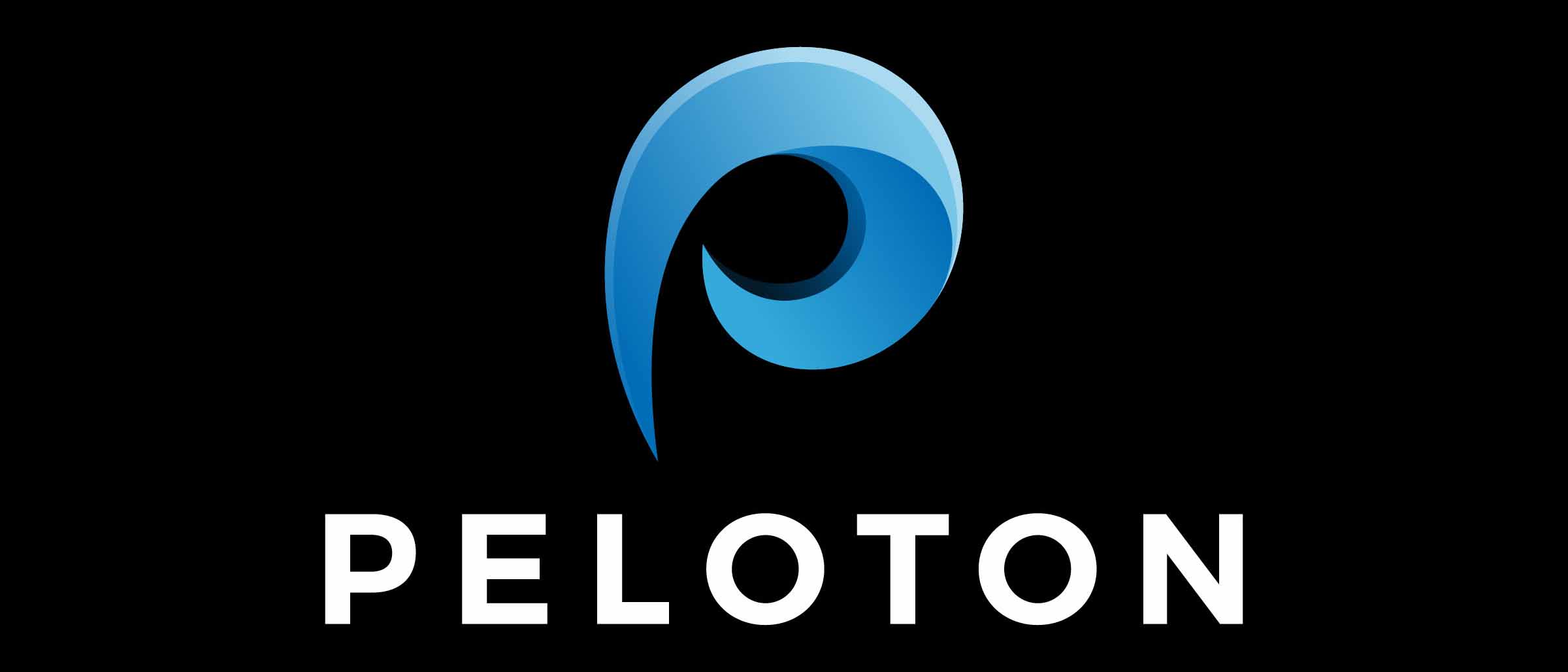Open Sourcing Peloton, Uber’s Unified Resource Scheduler

First introduced by Uber in November 2018, Peloton, a unified resource scheduler, manages resources across distinct workloads, combining separate compute clusters. Peloton is designed for web-scale companies like Uber with millions of containers and tens of thousands of nodes. Peloton features advanced resource management capabilities such as elastic resource sharing, hierarchical max-min fairness, resource overcommits, and workload preemption.
As a cloud-agnostic system, Peloton can be run in on-premise data centers or in the cloud. At Uber, Peloton is a critical piece of infrastructure powering our compute clusters. It is currently running many kinds of batch workloads in production, and we are planning to migrate stateless services workloads to it as well.
Today, Uber is excited to announce that we are open sourcing Peloton. By allowing others in the cluster management community to leverage unified schedulers and workload co-location, Peloton will open the door for more efficient resource utilization and management across the community. Moreover, open sourcing Peloton will enable greater industry collaboration and open up the software to feedback and contributions from industry engineers, independent developers, and academics across the world.
Source: uber.com